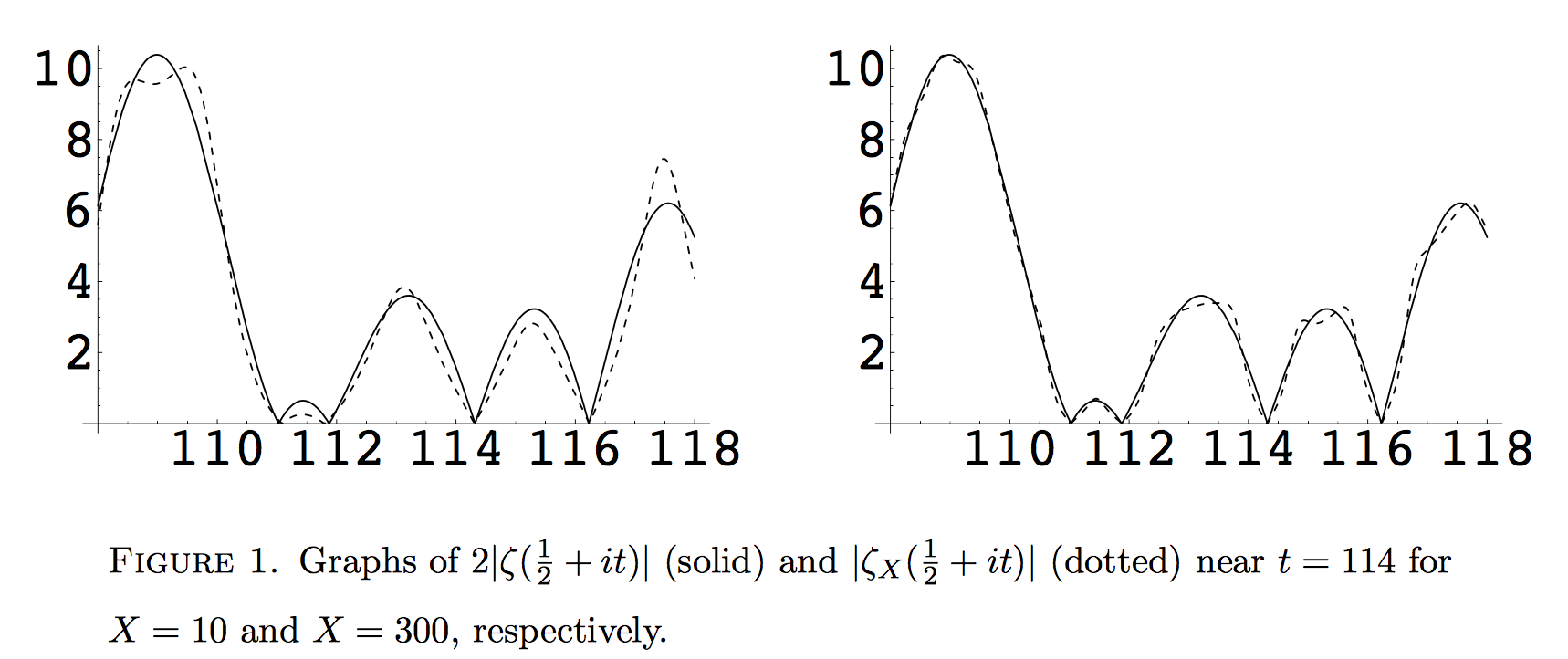It is well-known that the Riemann zeta function can be approximated in the critical strip by a finite Dirichlet polynomial. More precisely, $$ \zeta(\sigma+it) = \sum_{n \leq X} n^{-\sigma-it} + \frac{X^{1-\sigma-it}}{\sigma+it-1} + O ( X^{-\sigma}) $$ uniformly for all $X$ satisfying $2 \pi X / C \geq |t|$, where $C$ is a fixed constant greater than 1. (This is Theorem 4.11 in Titchmarsh's book). In particular this holds for $\sigma = 1/2$.
Question: is there a similar (simple) approximation of zeta by a finite Euler product?

